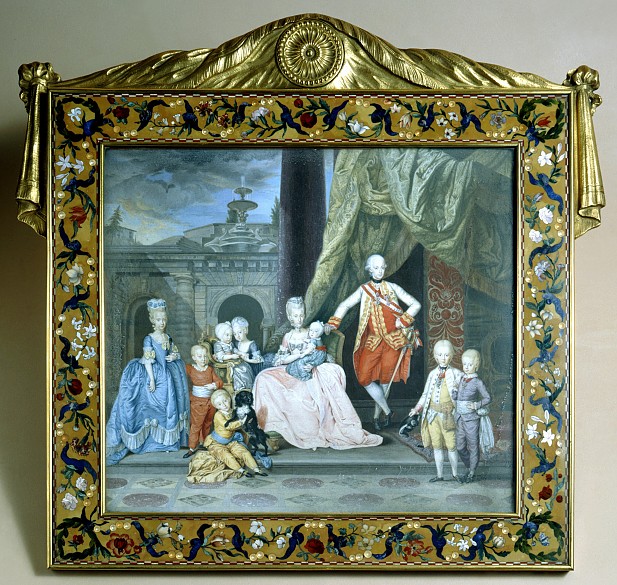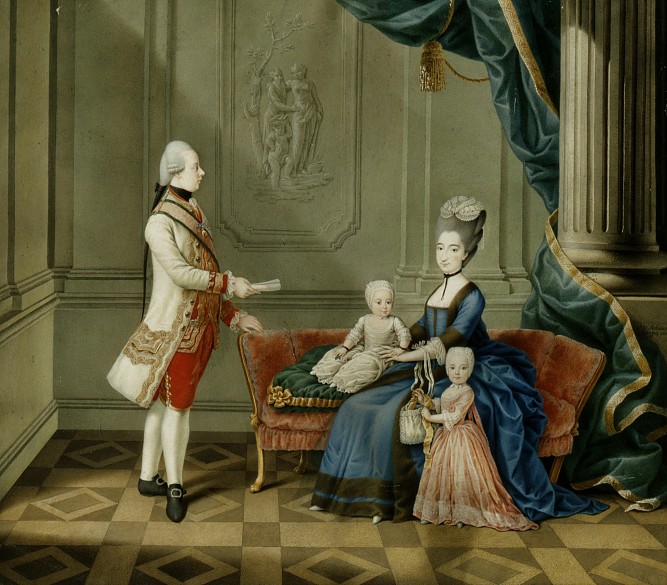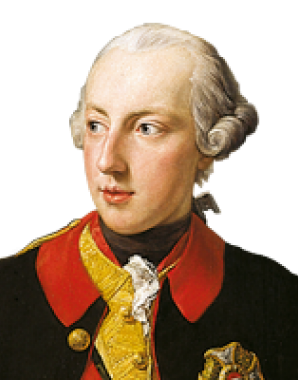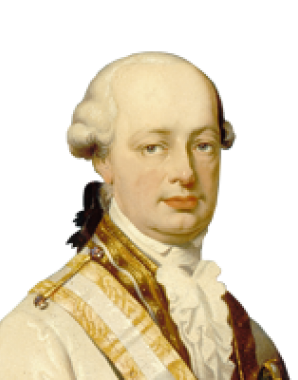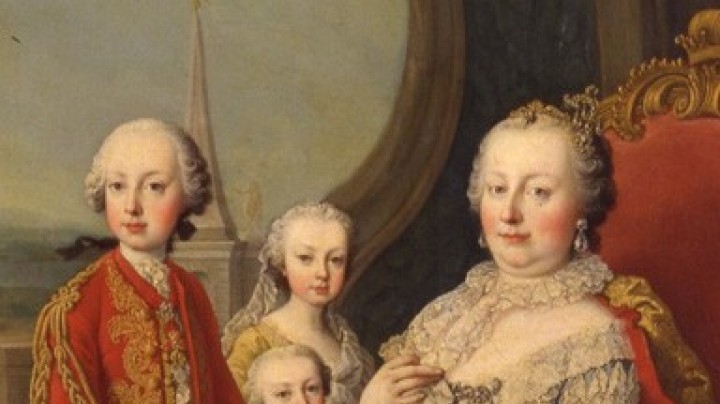A genius in search of a position
An enduring dream: like his father, Leopold, Wolfgang Amadé Mozart dreams of a position at court – but fails to obtain one.
In 1765 Wolfgang and Nannerl Mozart contracted smallpox, which precluded any further performances at the Imperial Court in Vienna. They slowly recovered, and it was not until the end of 1767 that were they well enough to perform in front of the empress. She received them clad in the black mourning attire she had adopted since the death of her husband, Franz Stephan.
In the meantime Maria Theresa had made her son, Joseph, co-regent over the Austrian lands. He was now responsible for opera and theatre, but was however very thrifty by nature. He asked the twelve-year-old Wolfgang whether he wanted to compose an opera, but neglected to issue an official commission, as the Mozarts had hoped. The Italian opera that Wolfgang composed was never performed and he did not receive a fee. Leopold Mozart quarrelled with the musicians and blamed the Viennese for having no interest in ‘serious matters’.
The increasing importance of middle-class patrons is illustrated by the fact that Mozart, for want of imperial commissions, composed the pastoral Singspiel Bastien and Bastienne for the wealthy and famous physician and magnetist Franz Mesmer.
Mozart also presented himself at the courts of Maria Theresa’s other children, but in vain: he failed to obtain a position from Grand Duke Leopold of Tuscany in Florence, or Queen Maria Karolina, who was married to the king of Naples and Sicily, or from Marie Antoinette in Paris or Archduke Ferdinand Karl in Milan.
Mozart had composed a celebratory opera for Ferdinand Karl’s wedding that greatly pleased the young archduke. But even here Mozart failed to obtain the longed-for position of Court Composer: Maria Theresa expressly forbade her son to engage Mozart, who had suddenly fallen into disfavour, maintaining that he ‘did not need composers or suchlike useless individuals’.

